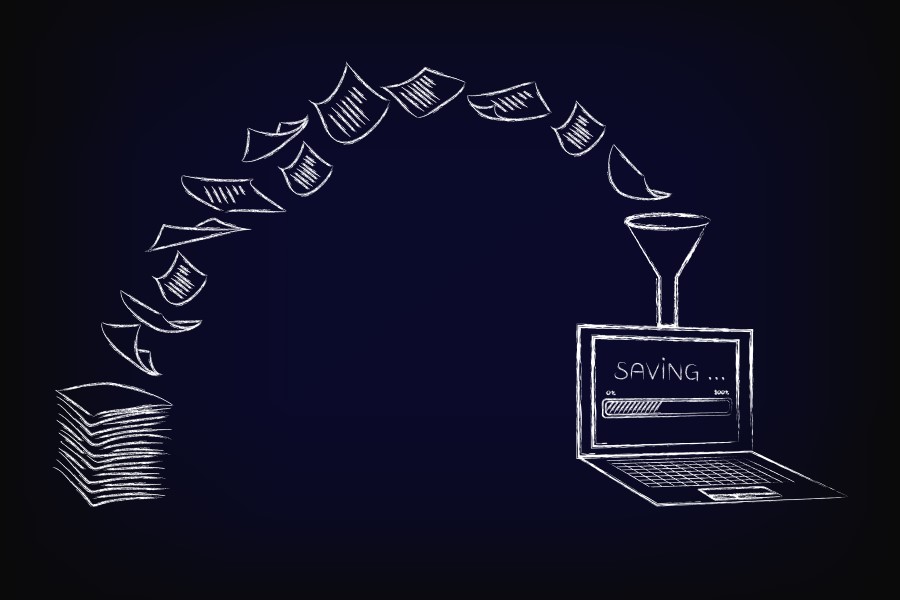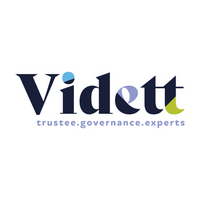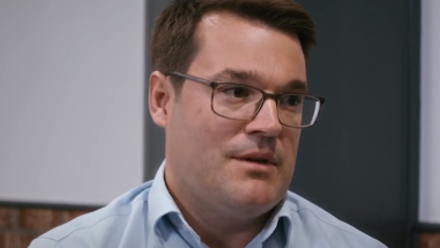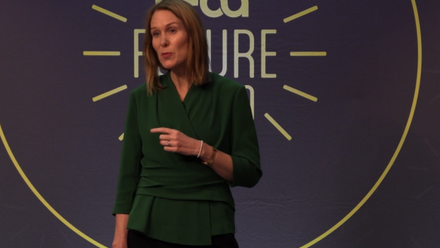Pension scheme management: three ways to ditch the paper at meetings and increase efficiency

Paper meeting packs might be easier to ‘turn the page’, but they’re environmentally unfriendly and take a significant amount of time and effort to print and collate. There’s also a lot of noise about data minimisation and many question – in this GDPR world – whether you should really send information to personal email addresses, even if they are password protected.
With this in mind, carrying a paper meeting pack doesn’t really sit with today’s world. We all carry a mixture of devices to help us be efficient while on the move or out of the office, so why not use them? Lugging packs to and from meetings, finding somewhere safe to keep them and ensuring they are securely destroyed afterwards is yet another drag.
As such, this might make it a sensible time to take a look at how your pension meeting packs and papers are produced. So, whilst the trend is definitely towards going paperless, what can you do differently?
1. Collate the papers into one PDF document
We all have access to Adobe PDF, Nitro Pro or some other software that makes it quick and easy to create a PDF and combine files. With the use of bookmarks and commenting tools, users can move easily to each agenda item, find specific papers and annotate with sticky notes. However, PDFs can make it difficult to view more than one paper at a time and may require a certain software to mark up any comments.
2. Store documents on a simple storage system
Using a storage system like SharePoint is secure, simple to use and often provided at no additional cost by your pension or benefit advisers. They are typically password protected with varying access levels to all the documents in one place in a user defined index system. Although, a SharePoint system may require new equipment for everyone to be able to use it and you will probably need to produce a combined PDF pack for loading anyway.
3. Use specialists paperless meeting products
Specialist paperless products are user friendly and accessible at all times on a variety of devices. They have slick navigation between papers and agenda, extensive features such as sharing annotations or starting conversations and are usually the most secure, offering additional measures such as penetration testing.
Some online board meeting products can be expensive but can be found cheaper as part of a corporate deal if used elsewhere in the organisation. If you only use a small part of the system (eg document storage) you could be at risk of buying a Rolls Royce when a Mini is needed.
There are virtual boardroom tools on the market that make life super-easy for pension trustees/scheme secretaries and pension scheme clients. They help trustees be better prepared for meetings and, by sharing thoughts in advance, make discussions at the meeting more focused with decisions taken more quickly.
Technology really is useful and definitely makes me, and the trustees I work with, more productive. As technology becomes more cost effective, I genuinely believe more and more trustee boards should embrace this approach. I’ve seen the focus and efficiency at meetings improve significantly. Personally, it makes my job more enjoyable too. I know I wouldn’t like my work quite as much as I do if, like those non-pension people think, it did revolve around paper.
The author is Curtis Mitchell, scheme manager at Punter Southall Governance Services
This article is provided by Punter Southall Governance Services
In partnership with Vidett
Leading the way in professional trusteeship & governance







